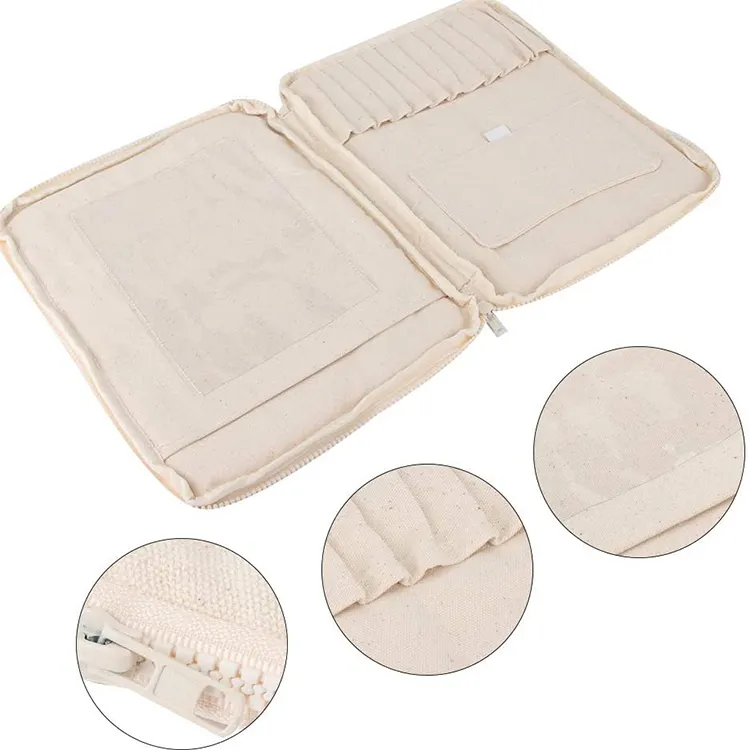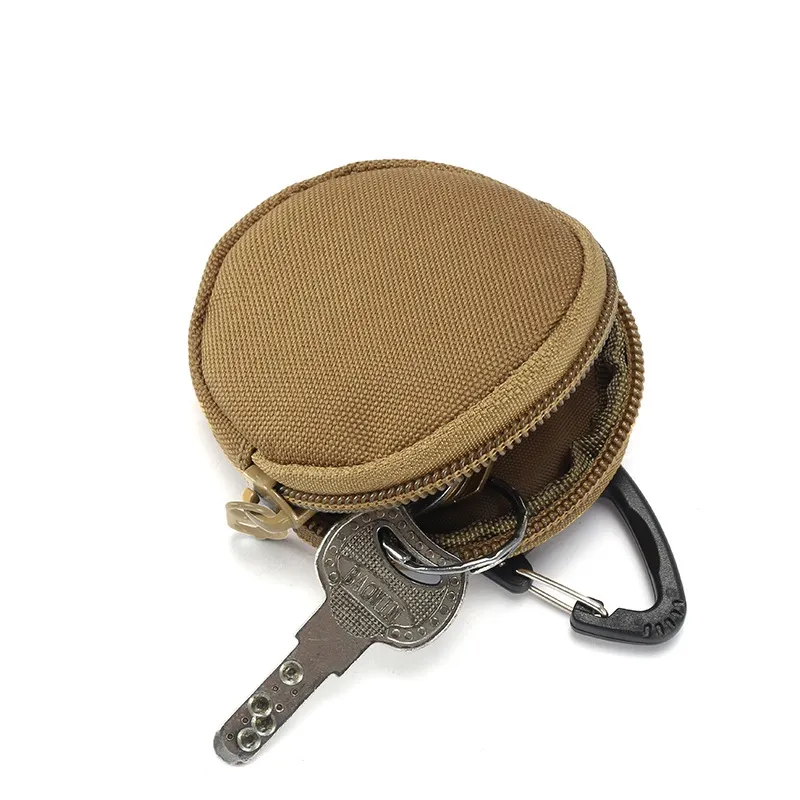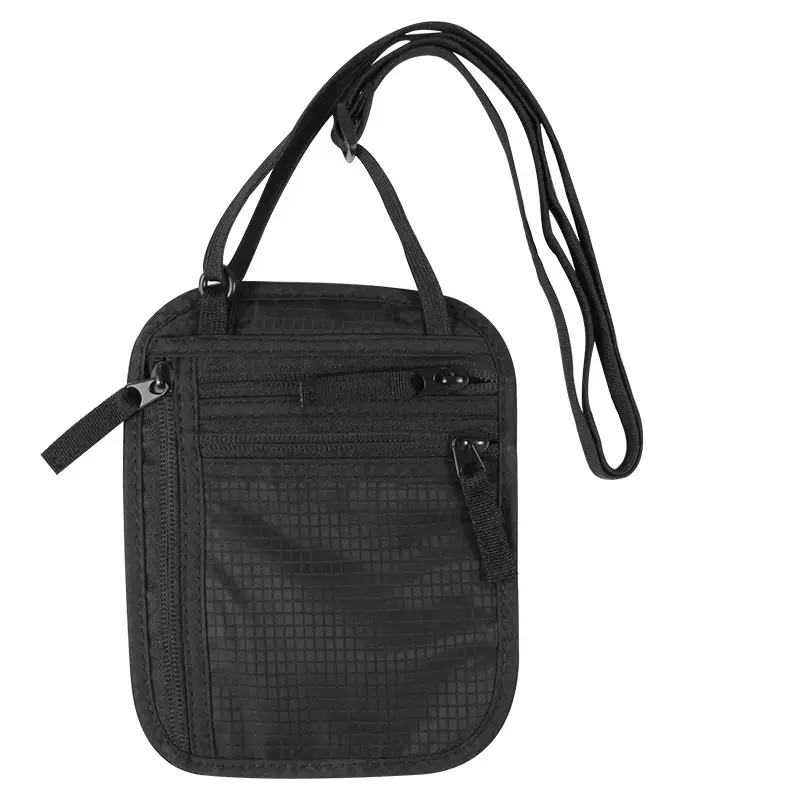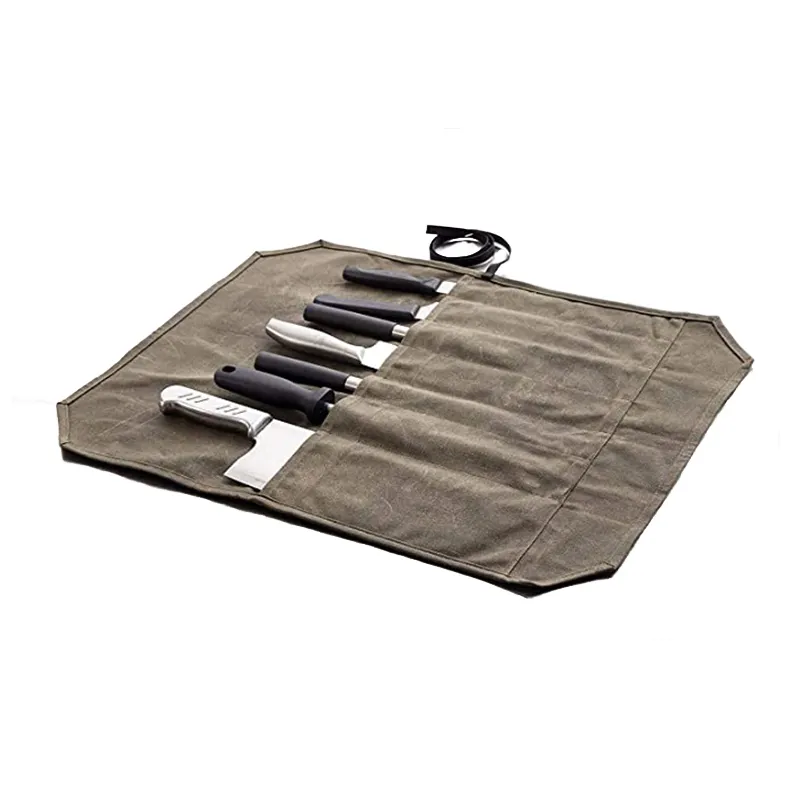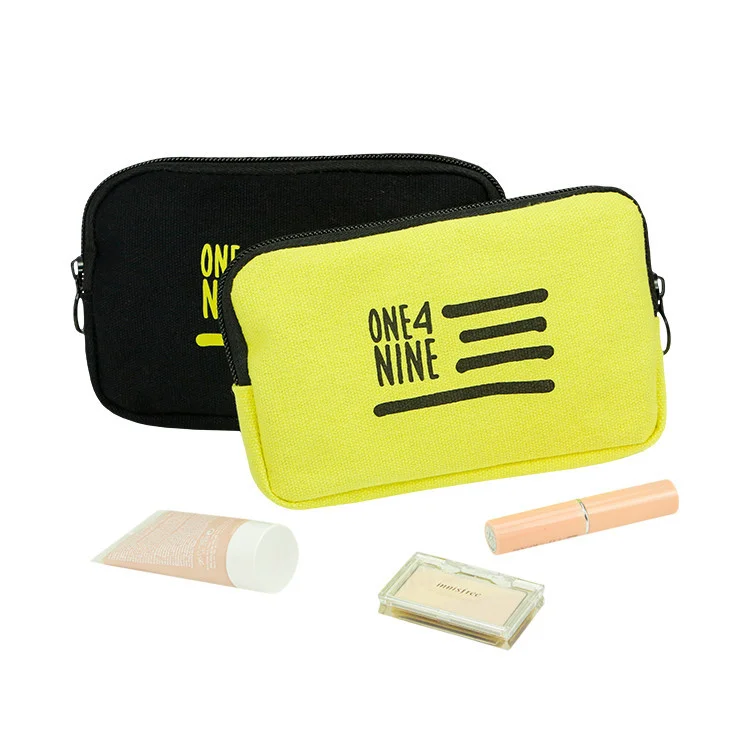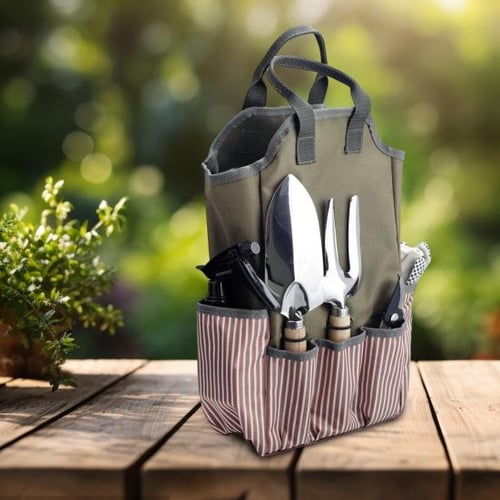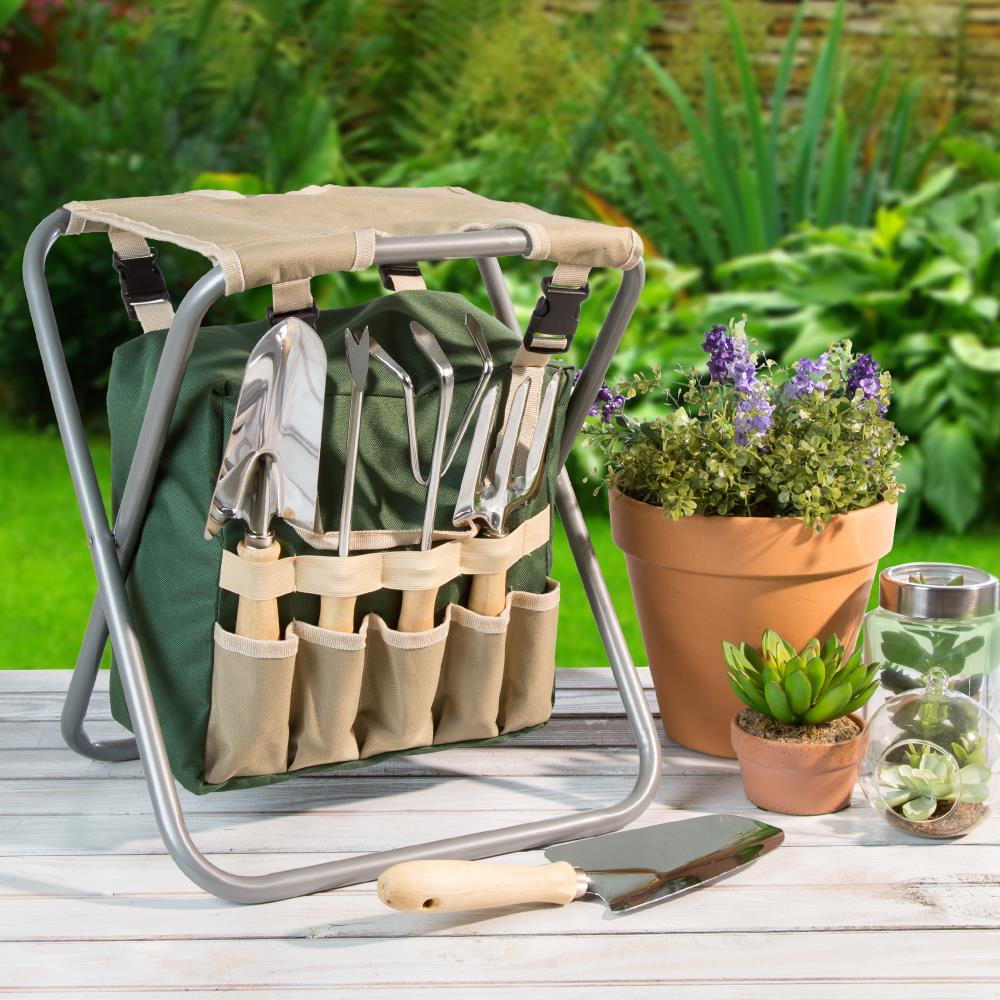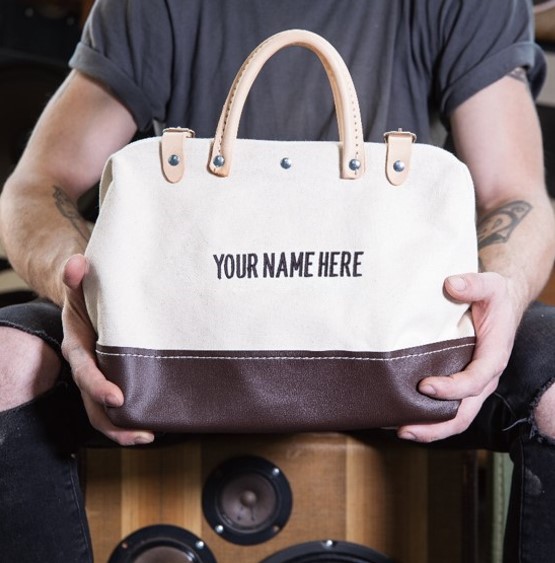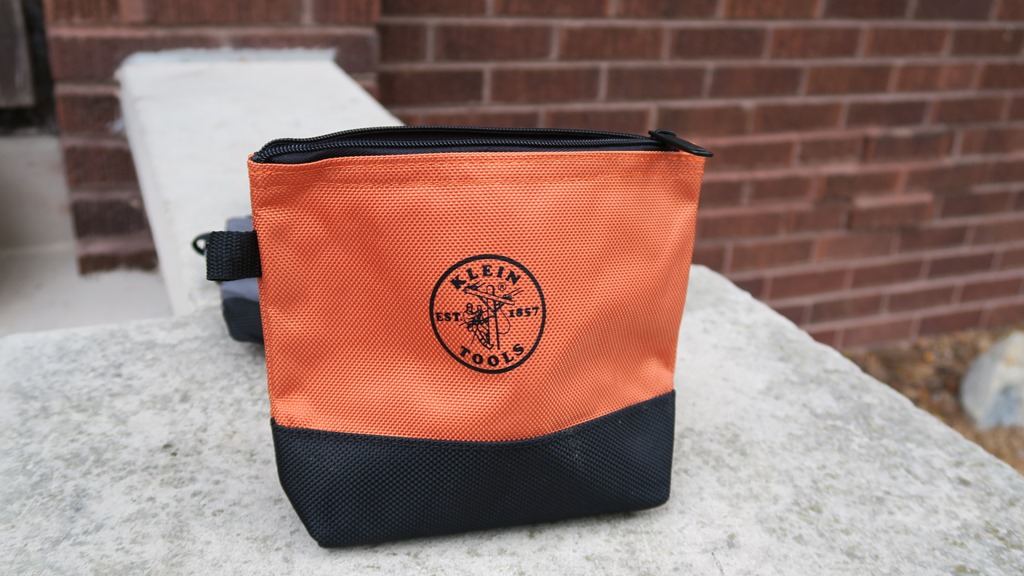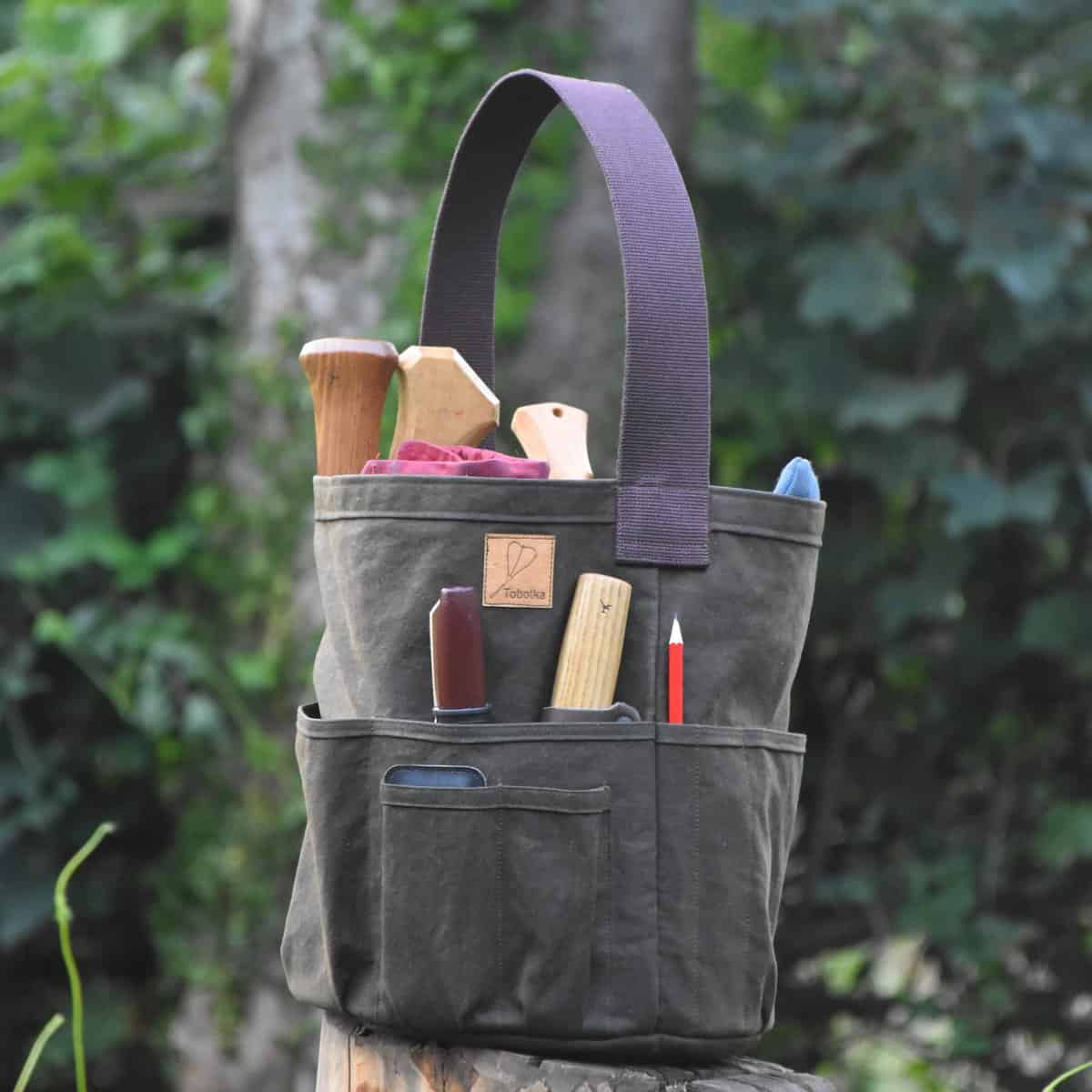What should I consider when buying a custom tool bag?
Custom tool bag is a valuable for professionals or DIY enthusiasts who require a reliable, functional, and personalized solution for carrying their tools. Whether you’re a mechanic, electrician, carpenter, or just someone who enjoys working with tools, selecting the right custom tool bag ensures that your tools are organized, accessible, and protected. When making your decision, several factors should be considered to ensure the bag meets your specific needs and preferences. Here’s a guide to help you choose the right custom tool bag:
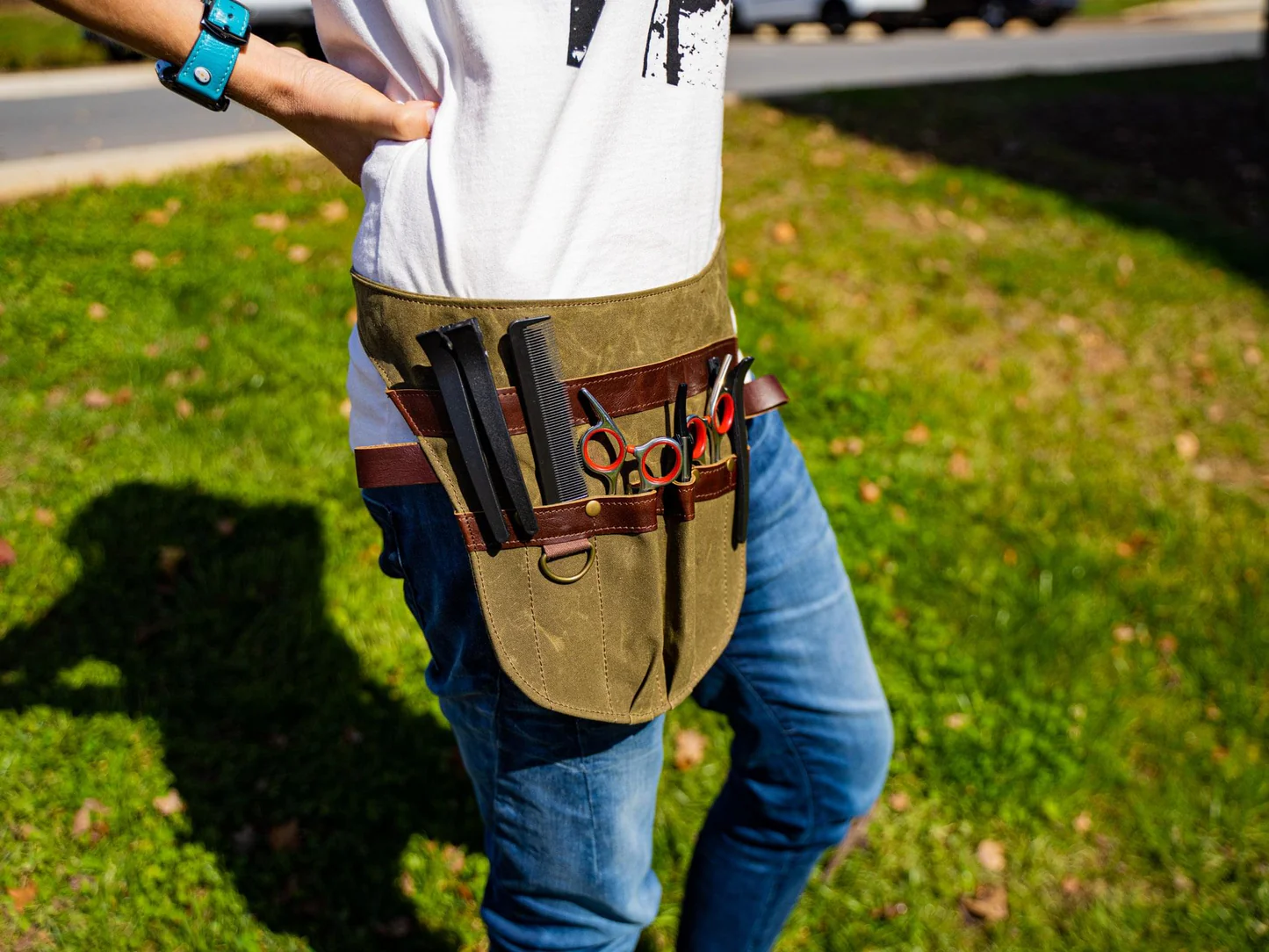
1. Purpose and Usage
The primary factor to consider is what you’ll be using the bag for. Custom tool bags can be tailored to suit different trades and personal preferences. Whether you need a bag for light home repairs, heavy-duty construction work, or specialized tasks like electrical work, the design should cater to the specific tools and equipment you’ll be carrying.
For Mechanics: A tool bag with sturdy compartments for wrenches, sockets, and screwdrivers is essential.
For Electricians: You might need a bag with special pockets for wires, pliers, and testers.
For Carpenters: A tool bag with sections for hammers, tape measures, and nails would be ideal.
Consider how frequently you will use the bag and what tools you need to carry most often. This will influence the size, layout, and material choices for the custom bag.
2. Material and Durability
The durability of a tool bag is paramount because it will likely be exposed to rough environments, harsh conditions, and heavy loads. When choosing a custom tool bag, the material should be strong, resilient, and capable of withstanding daily wear and tear.
Canvas: Known for its strength and flexibility, canvas is a durable and breathable option, often used for lighter, everyday tools.
Nylon: Waterproof and resistant to abrasion, nylon is a great choice for tool bags exposed to moisture or heavy use.
Leather: Although more expensive, leather provides a high level of durability and offers a premium look, ideal for those who want something stylish and robust.
Polyester: A more affordable option that offers a decent level of strength and water resistance.
Additionally, reinforced stitching and metal reinforcements in high-stress areas like handles and zippers can add to the bag’s longevity.
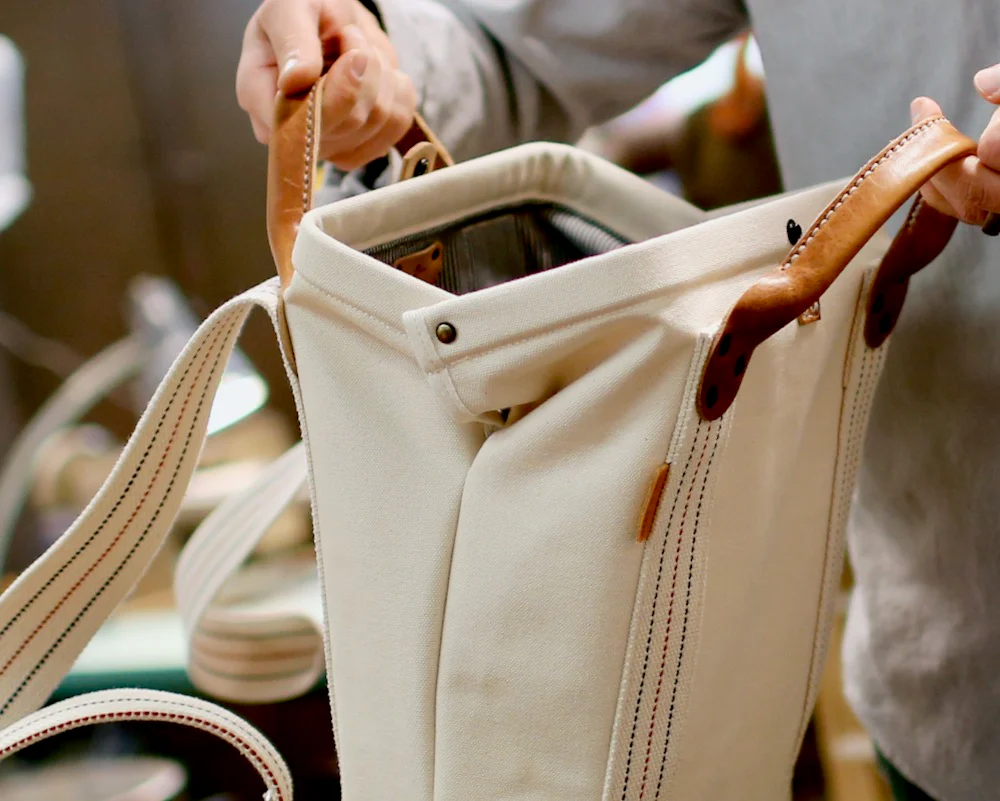
3. Size and Capacity
A custom tool bag should be sized according to the number and size of tools you need to carry. It’s important to choose a bag that provides adequate storage without being too bulky or too small. Consider the following:
Number of Tools: Ensure the bag has enough space for all your essential tools. Some bags come with modular compartments, allowing you to organize everything according to size and purpose.
Accessibility: A bag that’s too small may require tools to be stacked on top of one another, leading to disorganization and time wasted searching for what you need.
Comfortable Size: Custom bags can be tailored to your needs, but ensure it is still easy to carry, even with a heavy load. Some bags come in varying sizes, from smaller tool totes for light jobs to larger duffel-style bags for heavy-duty work.
4. Organization and Compartments
A well-organized tool bag is essential for efficiency and safety. When designing your custom tool bag, consider the types and sizes of tools you need to carry and how they should be arranged.
Pockets: Custom tool bags often feature numerous exterior and interior pockets. Some are designed for specific tools (e.g., drill holders, hammer loops), while others are smaller for screws, bolts, or pens.
Dividers: Dividers can be inserted to separate larger tools from smaller items, preventing damage and improving organization.
Padded Pockets: For delicate tools or electronics, padded pockets offer additional protection.
Think about how you typically organize your tools and request compartments that align with your habits. For instance, an electrician might need a series of small, easy-to-access pockets for screwdrivers and voltage testers, while a mechanic may require larger, deep pockets for wrenches.
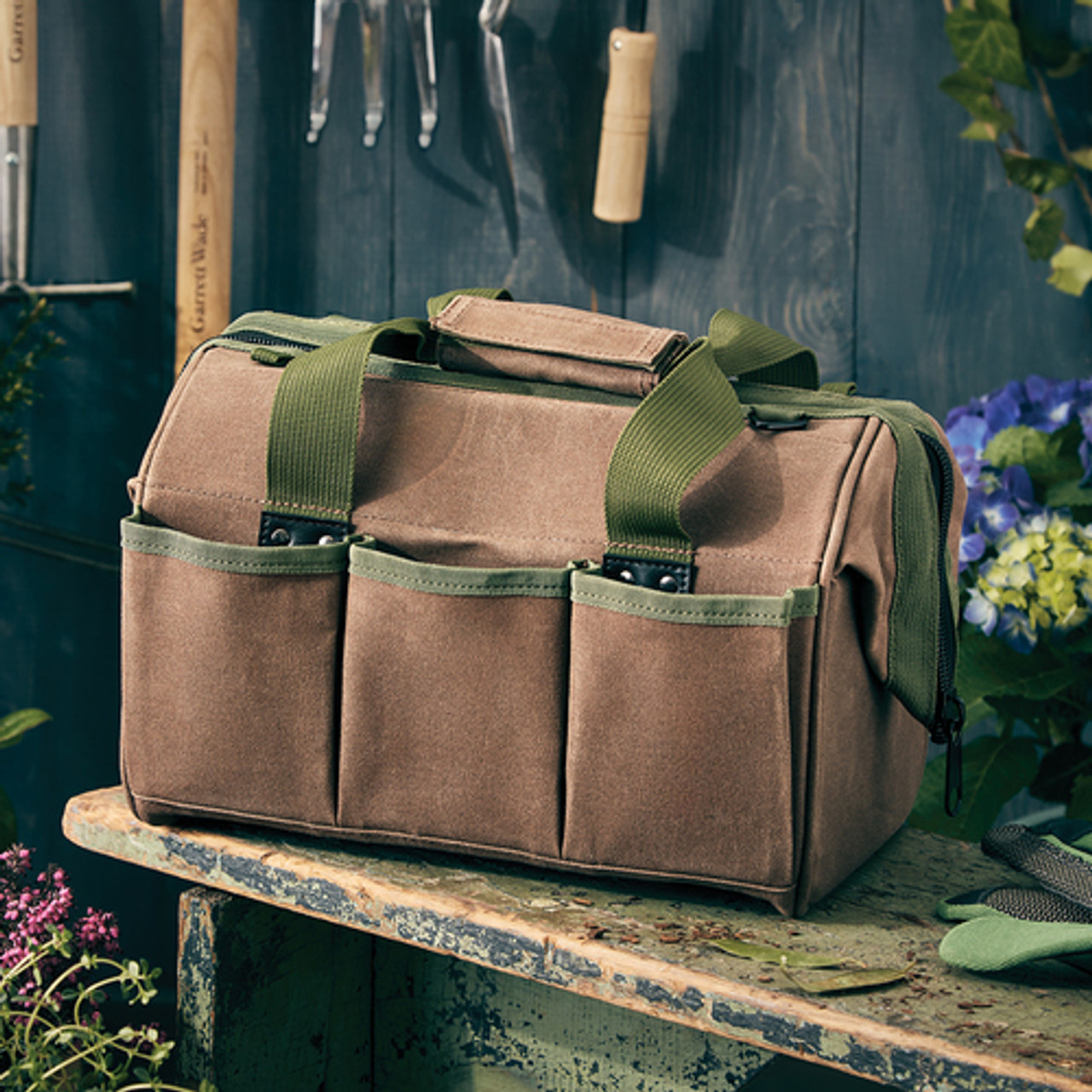
5. Weight and Carrying Comfort
Considering that tool bags often carry heavy equipment, comfort is a crucial factor. When customizing your tool bag, you can incorporate features that enhance comfort during long hours of use.
Ergonomic Handles: Ensure the handles are padded or reinforced to reduce strain on your hands and wrists.
Adjustable Shoulder Straps: If you need to carry the bag for extended periods, opt for a tool bag with a padded, adjustable shoulder strap to distribute the weight evenly across your body.
Rolling Tool Bags: For extremely heavy loads, a rolling tool bag with wheels can alleviate the burden on your back and shoulders.
Keep in mind that the overall weight of the tool bag, even when empty, should be manageable for your needs.
6. Security Features
When dealing with expensive tools, security is a must. Custom tool bags can be equipped with features to keep your items safe.
Lockable Zippers: If you’re working in environments where theft is a concern, lockable zippers or compartments with key access can offer peace of mind.
Reinforced Bottom: A reinforced bottom not only adds durability but can also help with security, as it prevents the bag from being easily cut or damaged.
Hidden Pockets: Some custom bags come with concealed compartments for keeping valuables like phones, wallets, or IDs safe from theft or damage.
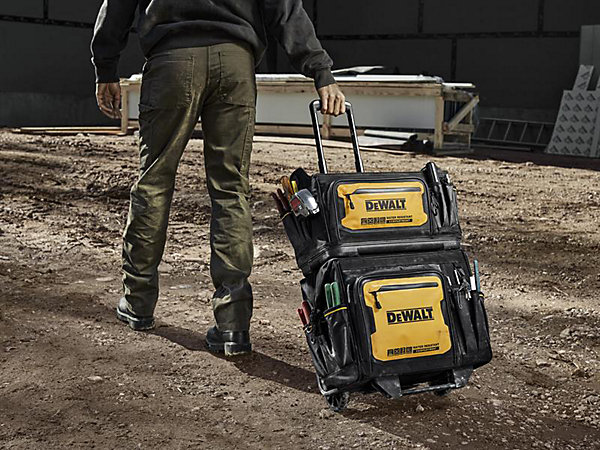
7. Weather Resistance
Depending on the environment in which you work, weather resistance is an essential consideration. Your custom tool bag should be able to withstand rain, snow, or extreme temperatures if you often work outdoors.
Waterproof Coatings: Look for bags made from materials with waterproof coatings or bags that are specifically designed for wet environments.
UV Resistance: Exposure to sunlight can weaken some materials over time, so choose a tool bag with UV-resistant fabric if you’ll be working outdoors.
Ventilation: If you often work in humid conditions, selecting a tool bag with ventilation options can prevent mold and mildew from forming on your tools.
Conclusion
Buying a custom tool bag is a smart decision for anyone who values organization, functionality, and durability. By considering the purpose, material, size, organization, comfort, security, and weather resistance, you can design a tool bag that perfectly suits your needs. Customizing your tool bag ensures that you can carry your tools in style while maximizing efficiency, making it an indispensable tool for both professionals and DIY enthusiasts alike.
When choosing your custom bag, don’t forget to take into account your specific trade needs, your working conditions, and how you organize your tools. With the right custom tool bag, you’ll be able to work smarter, not harder!
Products Recommend
-
-
Oxford coin key pouch tool bag
Learn More -
Nylon crossbody travel tool bag
Learn More -
Canvas portable chef’s knife tool bag
Learn More -
Canvas portable zipper cosmetic tool bag
Learn More


